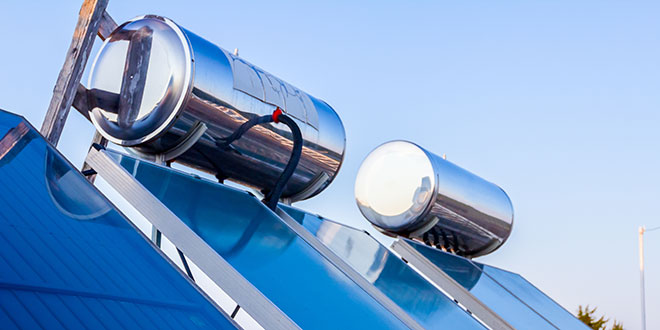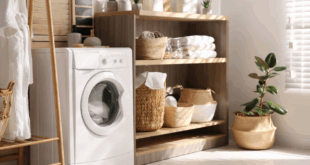Once popular, solar water heaters are now often passed over for less expensive whole-house solar panel systems as the costs drop. According to a recent Department of Energy study conducted by Lawrence Berkeley Labs, the average-sized residential solar power system of 6kW now costs only $14,119 after claiming the Residential Renewable Energy Tax Credit that covers 26 percent of out-of-pocket costs for new residential solar installations. In comparison, solar water heater systems can cost up to $4,000. Homeowners seeking alternative energy sources can simply connect solar panel systems to an Energy Star-rated electric water heater to reduce costs.
However, solar water heaters are more efficient at heating water than whole-house solar panels. Solar water heaters can also benefit homeowners who don’t have space for solar panel systems or who are new to alternative energy sources and want to start with the worst offender.
When advising customers on solar water heater purchases, retailers should keep the following information in mind.
Maintenance. Solar water heaters are potentially harder to maintain than traditional systems because they have more parts and more potential for problems. Often a backup source of energy is needed for cloudy weather which will also require maintenance. Hard or acidic water can be problematic, too. Hard water can corrode the water circulation system, making the home incompatible with a solar system.
Location & Regulation. If homeowners live in colder climates with potential for freezing, they will need a unit with an antifreeze system or a pump down system. If homeowners live in urban areas surrounded by tall structures or live in areas with little sunlight, they may have problems getting enough sun exposure to make a solar water heater worthwhile. In earthquake zones, solar water heating systems may be considered too heavy for roof mounting, limiting options for homeowners in those areas.
For more information on solar water heaters visit Energy.gov.
 Hardware Retailing The Industry's Source for Insights and Information
Hardware Retailing The Industry's Source for Insights and Information






